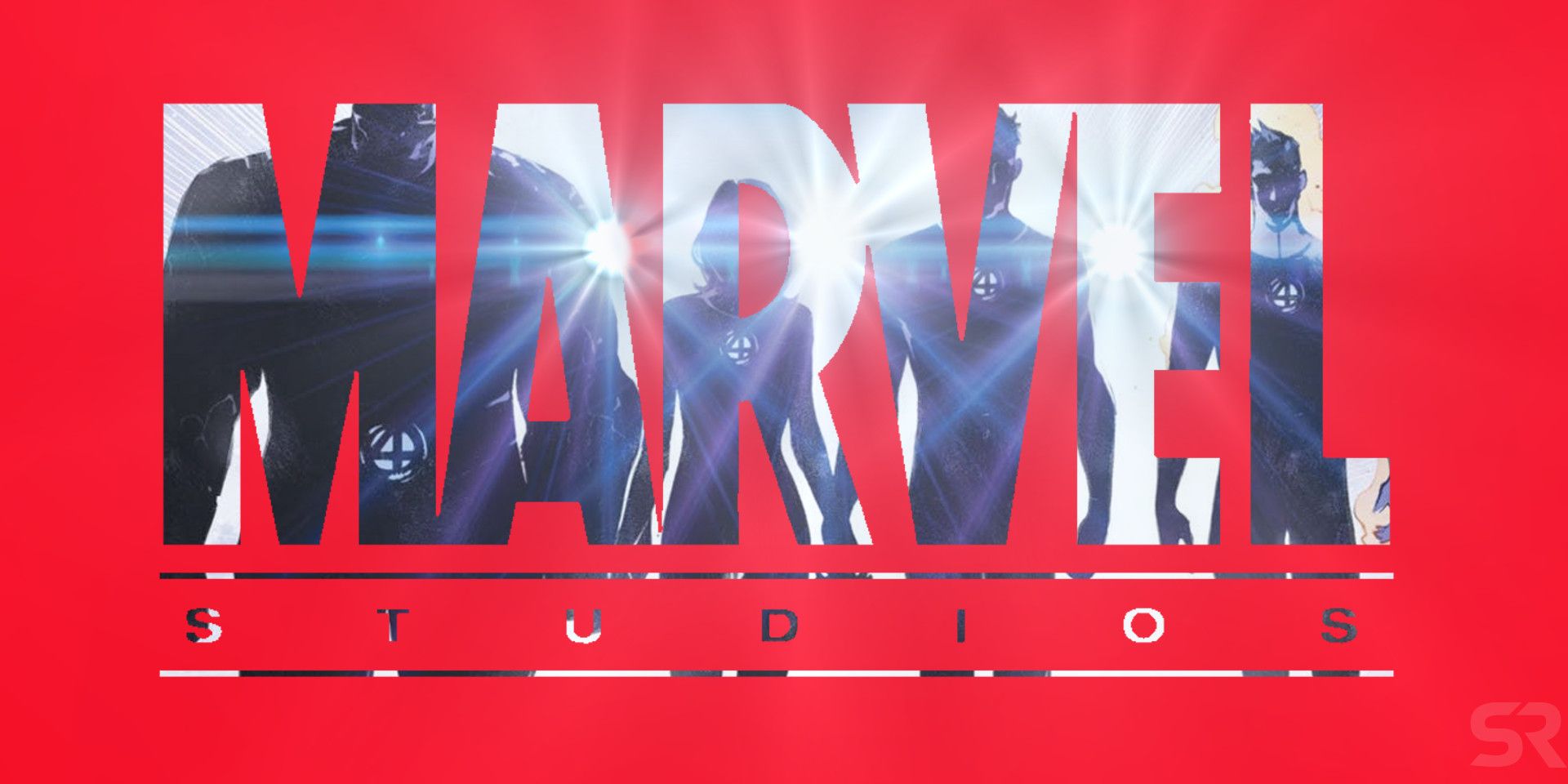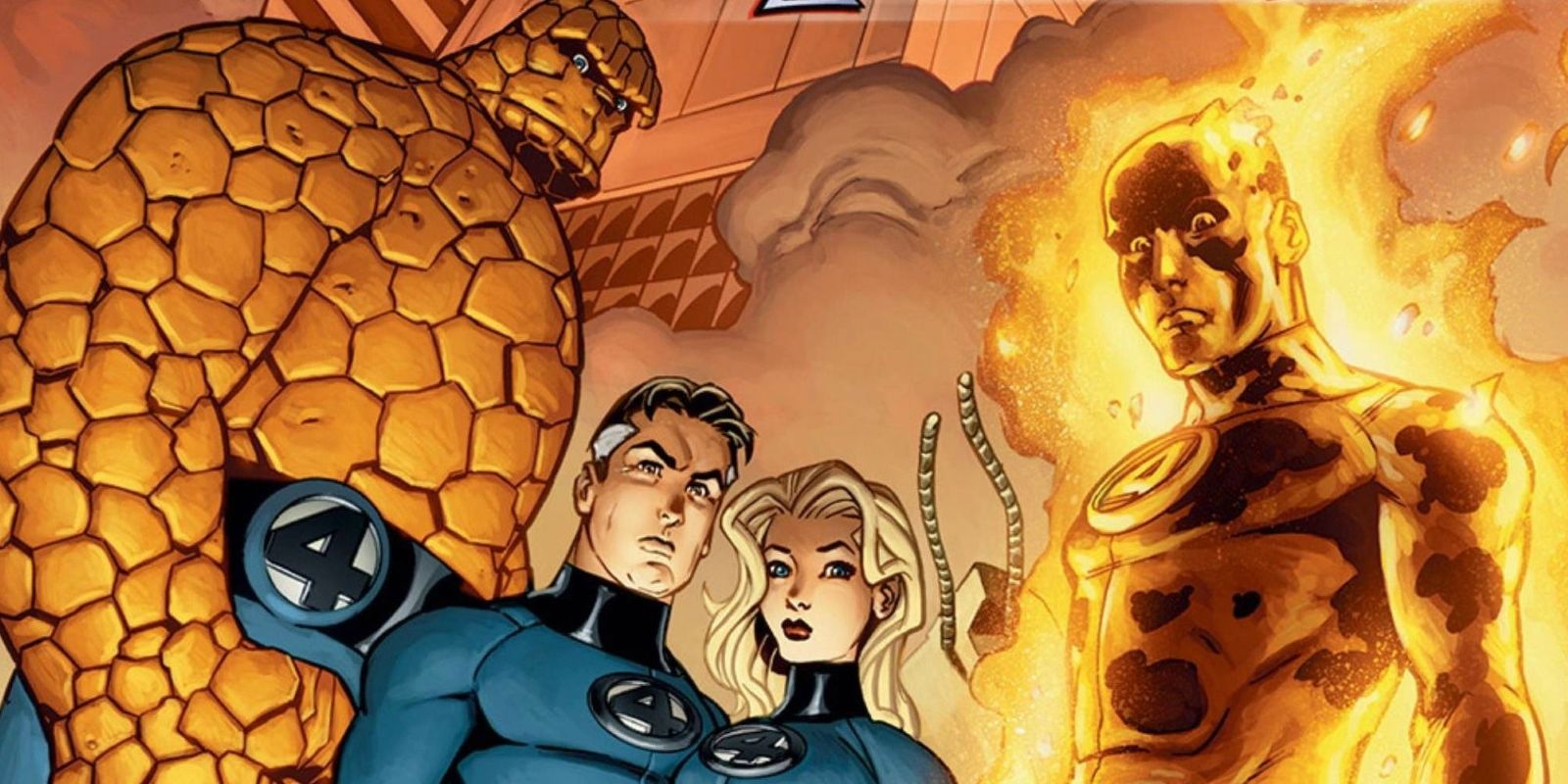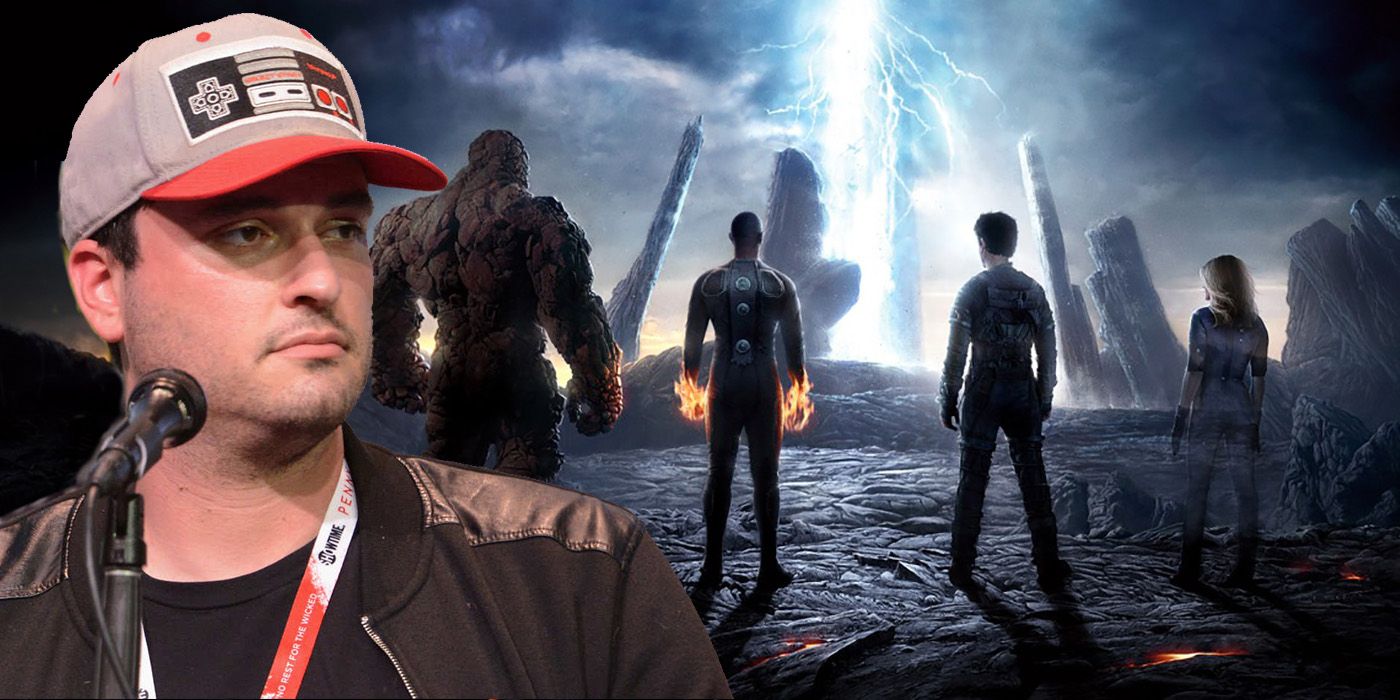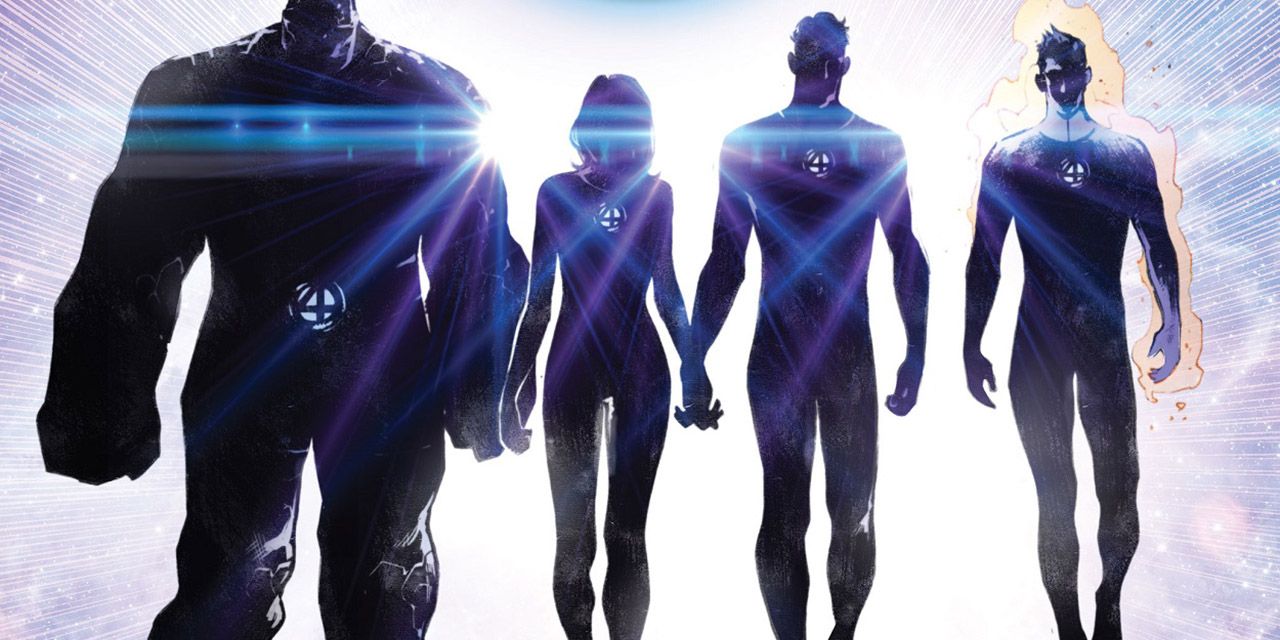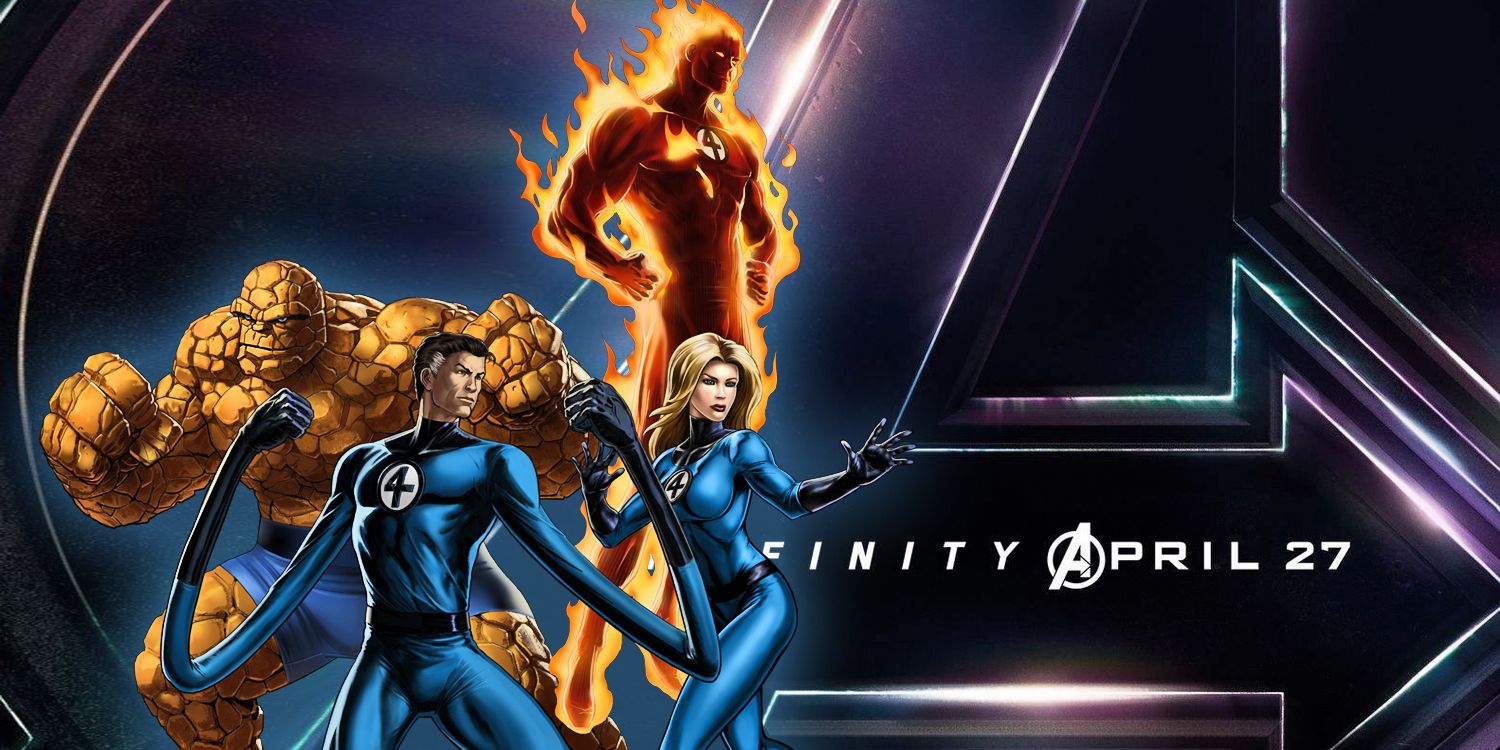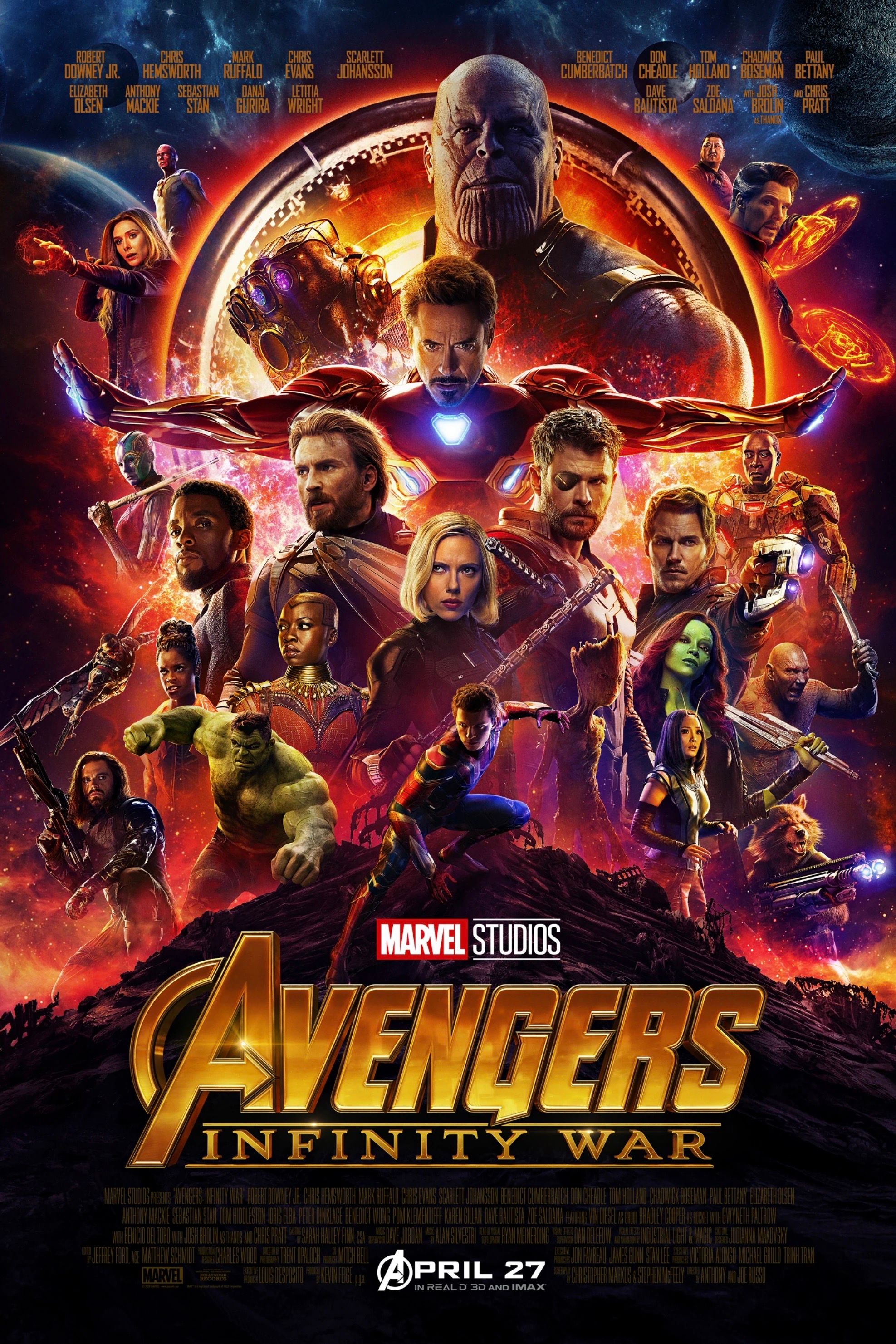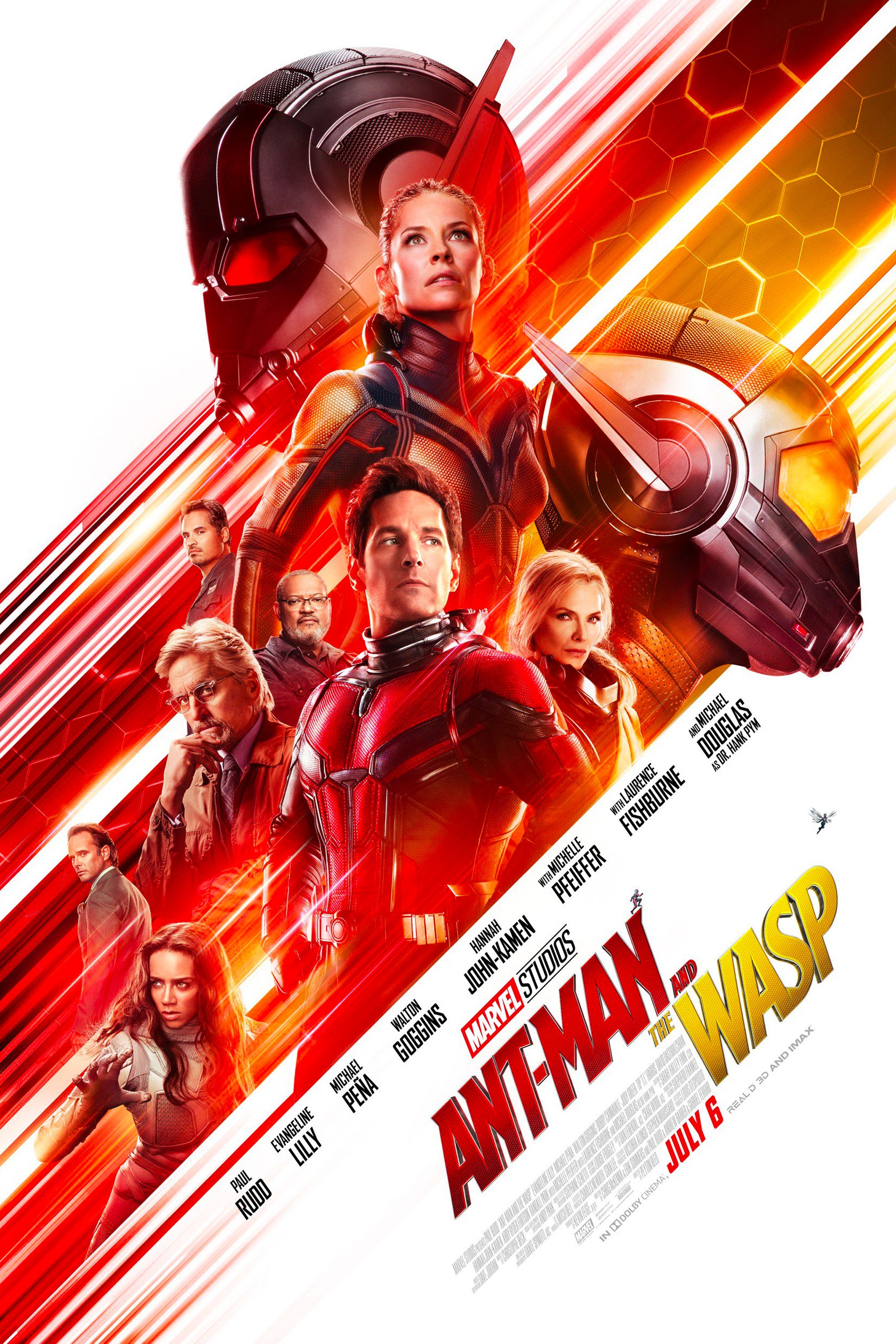Right now, both Marvel Comics and Marvel Studios are faced with the same question: How can they reinvent the Fantastic Four? Marvel Comics have just announced a relaunched comic book series, with a top creative team. Meanwhile, Disney is awaiting regulatory approval for its proposed purchase of the bulk of 21st Century Fox. Should the deal be green-lit, Disney CEO Bob Iger has made it clear the Fantastic Four franchise will become part of the MCU.The prospect of yet another big screen reboot is probably one reason Marvel Comics have decided to relaunch Fantastic Four now. They know that, as soon as the deal is approved, fans will clamor for the FF to enter the MCU. But Marvel Studios is facing a difficult challenge; the Fantastic Four are no Spider-Man. They don't have a history of blockbuster success, and their comics haven't been best-sellers for over a decade. That's why Marvel canceled the ongoing Fantastic Four series back in 2015 in the first place. Part of the problem seems to be that the FF just haven't aged well; they were created back in 1961, and the team just don't resonate the way they used to.Related: Don't Expect To See the X-Men in the MCU Until At Least 2021But the expectation is there, and the FF are part of a wider universe of concepts and ideas that Marvel will no doubt be keen to integrate into the MCU. So how should Marvel relaunch this struggling franchise for a modern audience?THIS PAGE: What Can Marvel Studios Learn From the Comics?
What's Actually Important About The Fantastic Four
Every successful superhero franchise resonates because it has certain core concepts, ideas that make it unique and powerful. Thor's best stories explore the concept of "worthiness;" the X-Men strive to protect a world that hates and fears them; and Spider-Man forever wrestles with his sense of responsibility (not to mention his guilt). The best superhero films recognize a franchise's core concepts, and translate them on to the big screen. They give the heroes a voice that speaks both to the fans and to general audiences. In the case of the Fantastic Four, the challenge facing Marvel is to recognize these concepts, and then present them in such a way that they speak in the present day.
RELATED: Infinity War And The Hulk's Battle For Control
There are really three concepts to the Fantastic Four. The first, and most obvious, is that the FF become a family. This isn't an easy thing for the team; each must struggle with their own personal flaws, from Reed's obsessiveness to Ben's self-hatred. Time and again those relationships are tested, but the FF always find their way back to one another.
Second, there is the joy of discovery. The Fantastic Four are explorers first, superheroes second. Reed never came up with a concept he could resist pursuing; he never discovered a realm he didn't want to explore. That's why Fantastic Four comics have introduced innumerable dimensions, races, and planes of existence. But it's crucial to stress that the FF don't do this out of abstract scientific interest. The group are united in their love of exploration, in their desire to learn and experience new things. Even Johnny can't resist the lure of the next quest.
Finally, there is optimism. At heart, the FF are optimists. They believe that the world's problems can be overcome, and they face the future with confidence. This is why Josh Trank's reboot was always destined to fail; he didn't realize that the idea of a "dark" Fantastic Four movie is essentially a contradiction in terms. The best comic writers have long understood the sense of optimism that drives the team. During Hickman's run, Reed founded the so-called "Future Foundation," a scientific think-tank to solve the problems of the human race. He did so with a speech that was classic Reed, declaring that science offered hope for the future.
Any relaunch of the Fantastic Four must embrace these three core concepts. It must draw together or demonstrate the team as a family first; it must explore new corners of the MCU, conveying a sense of joy and excitement; and it must be relentlessly optimistic.
RELATED: The Fantastic Four Are More Important For The MCU Than The X-Men
What the MCU Can Learn From Each Relaunch
The Fantastic Four's origin has essentially been told three times in the comics. The first was in 1961, when they were created by Stan Lee and Jack Kirby; the second was in 1996, as part of Marvel's "Heroes Reborn" initiative; and the third was in 2004's Ultimate Fantastic Four series. The world has changed a lot since 1961. As a result, the MCU can learn important lessons from the more modern versions of the origin tale.
Ultimate Fantastic Four reimagined the launch of the Fantastic Four against a modernized backdrop, as part of the Ultimate Universe. It introduced a young Reed Richards, a teen genius who struggled to fit in until his science fair exhibit gained him entry to the Baxter Foundation. Where the classic FF origin involved the team heading to space, this saw Reed experiment with dimensional technology; Doom sabotaged it, causing an unexpected interdimensional effect that granted the FF powers. Josh Trank adapted this concept in 2015's Fantastic Four, but he took a very different tone and style, preferring body-horror over-optimistic enthusiasm.
Heroes Reborn: Fantastic Four took a different approach. It subtly adapted the classic origin story, absorbing elements of the wider FF mythology into the team's origin. The series - which only lasted 12 issues - carefully wove the Silver Surfer and Galactus into the origin story; the FF gained their powers after the Silver Surfer emerged from a wormhole. It was an approach that made sense; Galactus and the Silver Surfer are famously tied to the Power Cosmic, and the FF were empowered after exposure to Cosmic Rays.
Fantastic Four Relaunch: So far, little is known about the latest Fantastic Four comic book relaunch. All Marvel have announced are the creative team, but those decisions give a sense of Marvel's priorities. Dan Slott, who's quickly becoming Marvel's foremost writer now that Brian Bendis has left for DC, been assigned as writer. He's working with Sara Pichelli, an Italian artist known for her creative work. Marvel clearly view the Fantastic Four relaunch as a high priority, and are willing to once again assign their top talent to the book.
Related: Don't Expect To See the X-Men in the MCU Until At Least 2021
These choices illustrate the approach Marvel Comics believe will work. They've relaunched the Fantastic Four with a writer who is known for playing the long game, and who has a love of the weird and wacky sides of the Marvel Universe. Whether you're talking parallel dimensions or the universe before the Big Bang, time loops or casino worlds, Slott has reveled in creating some of the most entertaining concepts in the comics. He's working with an artist who's known for her creativity and character-work, who has experience crafting whole new worlds and cosmic vistas. The creative choices give a strong sense of the kind of series Marvel wants to create.
Together, these two relaunches offer a window into the next iteration of the Fantastic Four. But before we come up with an actual proposal, let's take a look at what's known about the impending comic book relaunch. After all, that will be another attempt to capture modern audiences, albeit in another format.
How To Build The Fantastic Four In The MCU
These three principles - the core concepts, the modernized relaunches, and even the publisher's latest choices - essentially lay the foundation for any Fantastic Four relaunch.
These principles strongly suggest that the Fantastic Four story has to be an origin. One of the FF's core themes is the joy of exploration; however, seasoned explorers react to the unknown in a very different way to those who are new to its wonders. If that joy is truly to be conveyed on the big screen, then the viewers will need to be experiencing the expanding MCU through the thrilled eyes of a team of explorers who have never seen this before. A common fan idea is that the Fantastic Four have always been part of the MCU, and that they've just been off exploring. That just won't make the most of the necessary core concepts, though.
RELATED: Characters Fox Hasn't Used That The MCU Should Introduce
The challenge, then, is how to present this origin story in the context of the MCU. When Marvel introduced Spider-Man, they chose to have him a young hero who'd grown up adoring the Avengers. They even (maybe) retconned Peter Parker into Iron Man 2 in an amusing piece of fan-service. A similar approach can be taken with the FF, lifting ideas from Ultimate Fantastic Four. Imagine, for example, that - in accordance with a popular fan-theory - Avengers Tower has been purchased by the Baxter Foundation. It becomes the Baxter Building, a center of learning and education, where the Baxter Foundation recruits young geniuses. Reed is one of them, perhaps funded by a Stark Scholarship.
Reed and his team can be portrayed as people who have grown fascinated by the knowledge that there are other worlds, other civilizations. They believe there is more to the cosmos than the threat of Thanos and the Chitauri, and long to get out into space. Drop the Negative Zone plot from Ultimate Fantastic Four for now - that's been done too recently. Instead, follow the Heroes Reborn: Fantastic Four route. Have Reed create an innovative "Quantum Drive" that will allow humanity to reach the stars. Have this go catastrophically wrong, with the Silver Surfer's arrival. Make Galactus and his Herald the beginning of the Fantastic Four's MCU story, with the narrative thread of the Power Cosmic tying everything together. It's the kind of tightly-woven narrative a writer like Dan Slott would put together.
It's essential that these ideas be presented in a fresh, invigorating way; that viewers are introduced to these new cosmic ideas in a fantastical style worthy of Kirby or Pichelli. Viewers have to feel the same visceral thrill of exploration that the FF themselves are going through. There has to be a sense of discovery, of uncharted territory. There can be no room for poor CGI in this movie. Fortunately, while Galactus was used in 2005's Fantastic Four: Rise of the Silver Surfer, that film didn't exactly honor the source material. It shouldn't be hard to recreate the cosmic sense of grandeur and wonder that was found in Lee and Kirby's famous "Galactus Trilogy."
But what to do about Doctor Doom? Marvel would be wise to take a slow-burn approach with Doom, building his threat up over multiple films. Make him a lecturer at the Baxter Foundation, rather than one of Reed's fellow students; change the dynamic between Doom and Reed, explaining why Doom so egotistically insists upon his superiority over the young Reed, and adding more depth to his burning jealousy. Marvel could even use Doom as an ally for the team at first, gradually showing Doom's fall from grace over the course of multiple movies. When he finally turns bad - maybe by Fantastic Four 3 - Marvel could make it an event in its own right. The inevitable has finally happened, Doom has gone rogue, and the MCU shall tremble before his might.
-
There are really three keys to effectively relaunching Fantastic Four. Firstly, stay true to the core concepts; secondly, look to the comics for inspiration; and thirdly, be willing to do something slightly different. When Marvel reinvented Spider-Man for the third time, they chose to switch things up as much as possible; Mary-Jane, Gwen and Harry were replaced by Liz, Michelle, and Ned. This proposal may not be quite so radical, but it shows one approach that just might work.
MORE: Avengers 5 Should Definitely Include The Fantastic Four

